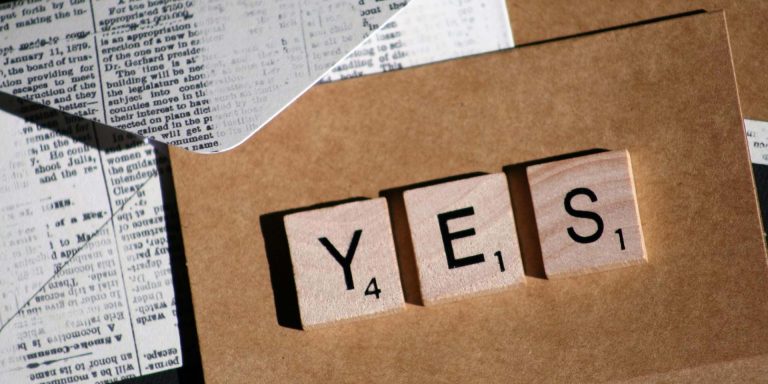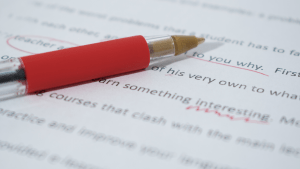In a nutshell, yes!
There are a number of confusing grammar rules in the English language, and whether or not it’s okay to start a sentence with and is one of them. Many of us, from a very young age, have grown up being told that starting a sentence with a conjunction such as and is a big no-no. In fact, let’s be honest, you’ve probably let this dictate a lot of the way you write.
But starting with a conjunction is allowed and can actually make things better. Simply starting with a conjunction – described as a word that joins other words, clauses or phrases – can make a sentence more forceful, dramatic or impactful. These shorter words often work much better than their transitional counterparts such as however, furthermore or additionally; all of which can soften the impact of a sentence.
End the misconception about and
Many of the old-school grammarists believe that it is rather inelegant to start a sentence with and. Thankfully though, that train of thought is coming to an end, with many writers already quite happily ignoring this rule. In fact, it’s not really a rule at all, more of a style choice.
So why can you begin a sentence with and? Well, starting with and can actually be a great way of reinforcing what has just been said in the prior sentence. With that in mind, we’re here to show you exactly how it’s done.
Starting a sentence with and, but doing it right
Starting all sentences with a conjunction will become annoying and won’t flow quite as well, so while you CAN do it, don’t OVERdo it. Continuous use can make a piece of writing seem stilted and full of fragmented sentences. If you are doing that, then those old teachers of yours might well be vindicated in their choice of telling you to desist! It’s also probably why they told you to avoid it in the first place, rather than just teaching you to write complete sentences from the start.
Let’s have a look at some examples.
A simple sentence starting with and can look like this:
And then she yelled.
Now imagine the sentence preceding it was:
Anne saw the mouse poke its face out of the hole. And then she yelled.
This is much more impactful and memorable than:
Anne saw the mouse poke its face out of the hole, and then she yelled.
Occasionally you will find yourself also starting a sentence with and but needing to include a comma. This will occur if the and is at the start of a clause that could actually be removed for the sentence entirely, yet still allow the sentence to make sense. Remember that the comma will have to bookend that entire clause for this to be grammatically correct.
Here’s an example:
And then, with an ear-splitting sound, she yelled.
Doing this makes the sentence a little more interesting, gives more information and generally adds a little flair. However, that section within the commas can also be removed without detracting from the sentence at all.
And in conclusion…
Well, there you have it. When writing, it is perfectly acceptable to start a sentence with and. But the trick is not to overdo it. If you do, you can end up running the risk of creating a more stilted piece instead of something beautiful. Next time that voice whispers in your ear that a conjunction shouldn’t start a sentence, turn that off and go ahead anyway!
Now it’s time to start writing! Sign up, join the Topcontent content writer community and enjoy writing content!





